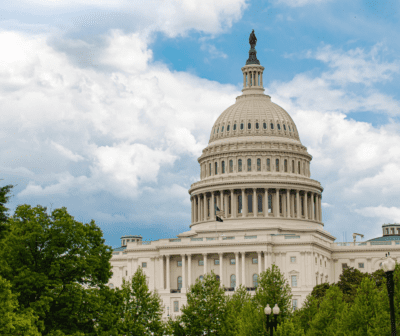Here are some of the report’s key findings:
There’s bipartisan support for expanding pathways that don’t include college: 93% of the respondents said that they somewhat or strongly agree that nondegree pathways can diversify options for students, and 89% said they somewhat or strongly agree that nondegree pathways provide relevant skills to meet employer needs.
People want policymakers to take action: 89% of the respondents said they believe legislative support for the expansion of nondegree postsecondary education pathways should increase in the next five years, and 78% said they somewhat or strongly agree that federal funding for nondegree education pathways should increase.
There’s widespread support for skills-first hiring: 81% of Republicans and 78% of Democrats said they strongly or somewhat agree that employers should hire based on skills rather than degrees.
To ensure that all U.S. workers and learners have equitable access to quality jobs and opportunities to achieve economic advancement and financial stability, policymakers must craft and adopt legislative and regulatory measures that champion postsecondary pathways as diverse as the people who make up this country’s workforce. The report offers policy recommendations and highlights opportunities to achieve that goal.
Download the report to get the full findings and recommendations.




